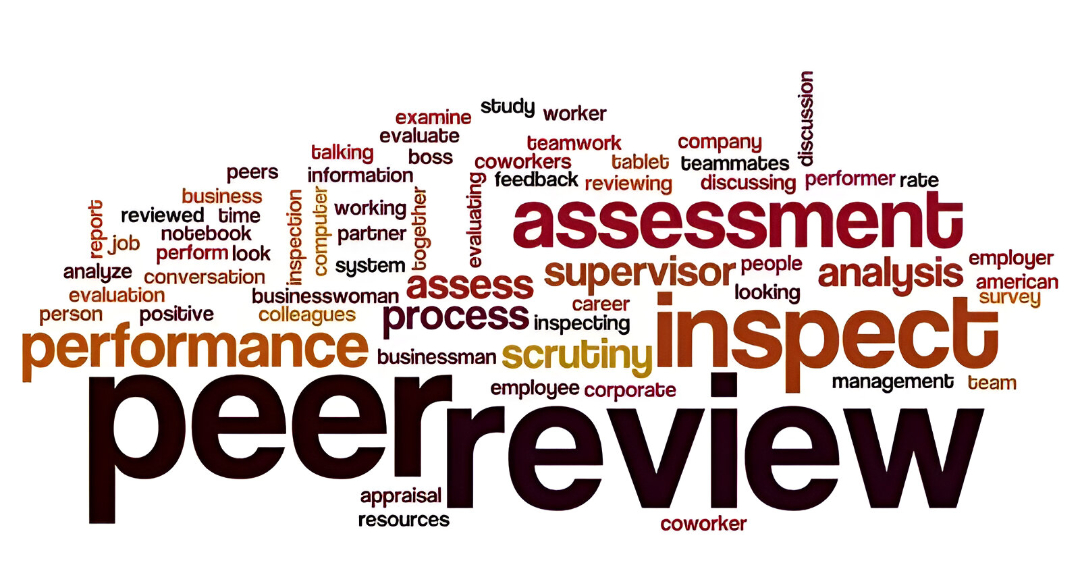Artificial Intelligence in Legal Practice – Transforming the Profession or Threatening Tradition?
DOI:
https://doi.org/10.64322/JLRP.2025.1107Keywords:
Artificial Intelligence, Legal Practice, Professional Ethics, Transparency, Data PrivacyAbstract
Artificial intelligence significantly enhances efficiency and productivity across various sectors by automating tasks and optimizing processes. It enables deeper insights from data analysis, improving decision-making in areas like Healthcare, Education, Transportation, Finance. Furthermore, Artificial Intelligence is driving innovations in areas like personalize learning and developing new technologies, shaping the future of various industries. Artificial Intelligence (AI) is rapidly reshaping legal practice, promising outstanding efficiency gains but raising profound questions about professional tradition and ethical safeguards. Artificial Intelligence is changing the way of lawyers. This Research paper explains if these changes are good or bad. On the one hand, AI tools can make legal work much faster. They can help with research, reviewing contracts, Drafting and pleading, summaries the case texts, providing cases related bare acts and planning for court cases. On the other hand, AI raises concerns. It could threaten lawyers' skills, the data privacy and security of client information, ethical consideration, transparency, explainability, accuracy, reliability, IPR related issues, deepfake or misinformation or fairness in our courts. We found that Artificial intelligence is very good at handling the simple and routine task which can lead to the lower the legal cost and helps more people to get legal aids. Moreover, if we don't watch it closely, AI can also have hidden biases, and people might not check its work carefully enough. We believe that to use Artificial Intelligence in good way, we need a clear regulation and ways to test if the AI is transparency and accurate. By mixing the new technology with old ethical standard procedures of courts, we can get the fruits of AI without hampering our justice system.
Downloads
References
1. Ani. (2023, March 28). In a first, Punjab and Haryana high court uses Chat GPT to decide bail plea. The Times of India. https://timesofindia.indiatimes.com/india/in-a-first-punjab-and-haryana-high-court-uses-chat-gpt-for-deciding-upon-bail-plea/articleshow/99070238.cms.
2. Baskaran, A. (2023). Revolutionizing legal practice through artificial intelligence: A systematic review. International Journal of Law and Information Technology, 31(1), 1-25.
3. Dignum, F. (2021). The future of AI in law: A research agenda. Law, Innovation and Technology, 13(2), 205-227.
4. Ebers, M., & Navas, S. (Eds.). (2020). Algorithms and law. Cambridge University Press.
5. Government of India. (2025a, February 25). Digital Transformation of Justice: Integrating AI in India’s judiciary and law enforcement. Retrieved June 23, 2025, from https://www.pib.gov.in/PressReleasePage.aspx?PRID=2106239#:~:text=The%20Government%20of%20India%20has,across%20High%20Courts%20in%20India.
6. Government of India. (2025b, March 20). Use of AI in Supreme Court case management. Retrieved June 23, 2025, from https://www.pib.gov.in/PressReleasePage.aspx?PRID=2113224.
7. Government of India. (2023, August 10). Action Plan for Simple, Accessible, Affordable And Speedy Justice. Retrieved June 23, 2025, from https://www.pib.gov.in/PressReleasePage.aspx?PRID=1947490
8. Katz, D. M. (2021). AI & law. In D. M. Katz, R. Dolin, & M. J. Bommarito (Eds.), Legal informatics (pp. 1-25). Cambridge University Press.
9. Katz, D. M. (2023). The impact of generative AI on the legal profession. Journal of Legal Education, 72(4), 651-678.
10. Susskind, R. (2023). The future of the professions: How technology will transform the work of human experts (2nd ed.). Oxford University Press.










